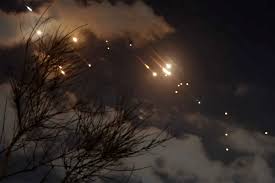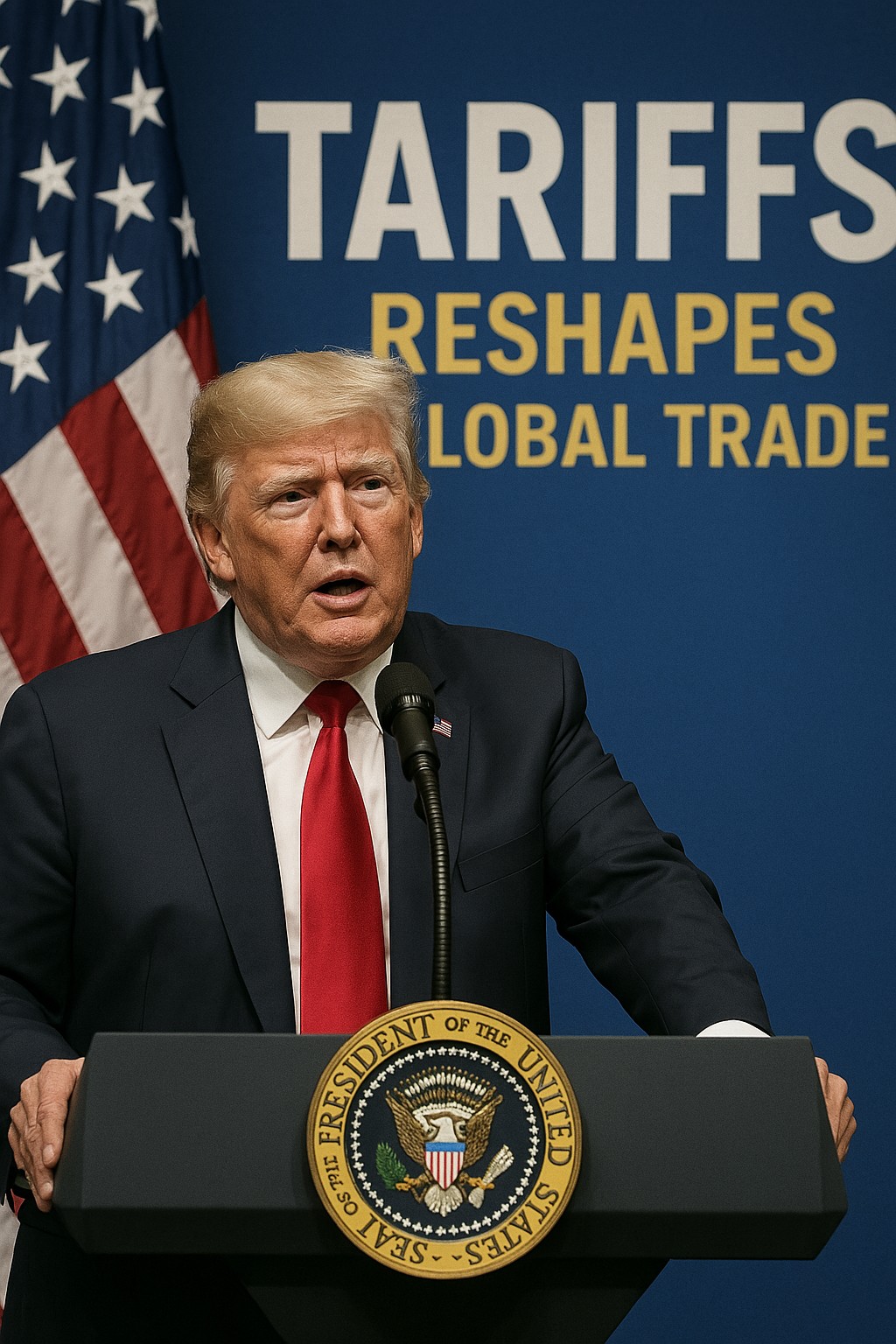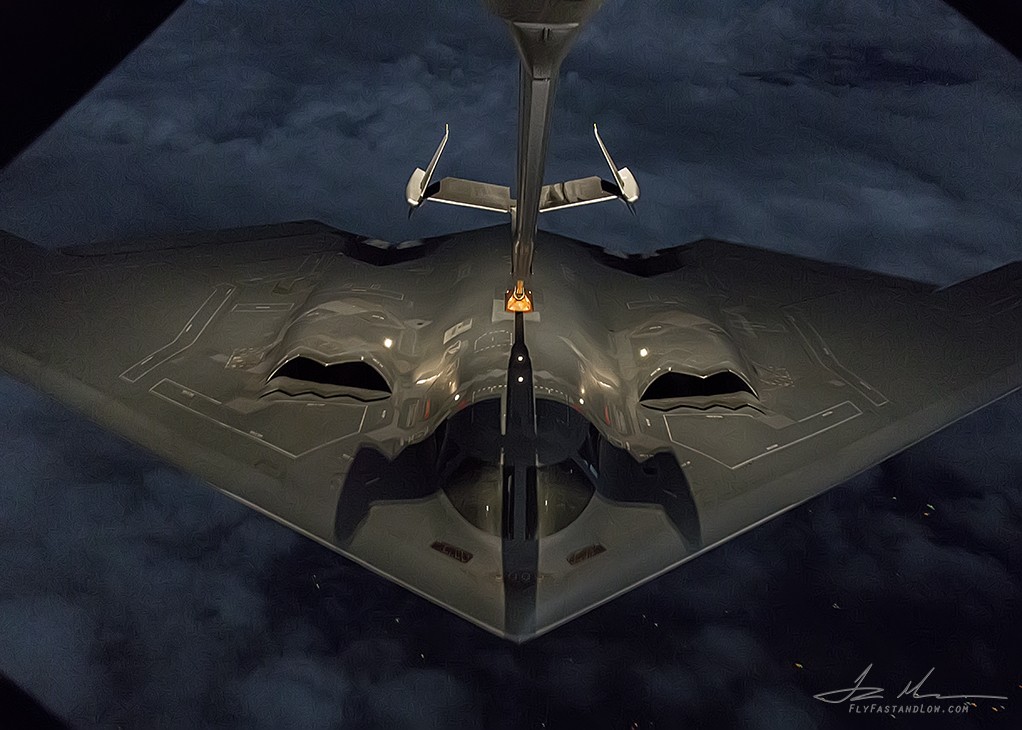
In an escalation of conflict in the Middle East, Iran launched a series of ballistic missiles at Israel on Monday. This attack is seen as a direct retaliation for Israel’s actions against Hezbollah and Hamas, two groups Iran has historically supported.
The Iranian military fired 181 missiles, marking a significant show of force. While many of the missiles were intercepted, some did land in Israeli territory. Fortunately, there have been no reports of fatalities, although one Palestinian was reportedly injured by shrapnel.
In the wake of the missile strikes, U.S. President Joe Biden stated that the United States is prepared to assist Israel in its defense against Iranian aggression. He emphasized America’s commitment to its ally, reinforcing that the U.S. remains a crucial player in this volatile region.
As tensions rise, questions linger about the connections between the Iranian state and the groups it supports. Hamas and Hezbollah are facing significant losses in their ongoing conflicts. This leads to a pressing question: if these groups are not directly tied, why would Iran retaliate on their behalf? Some analysts argue that this attack exposes the deep-rooted connections between Iran and these militant organizations.
Israeli Prime Minister Benjamin Netanyahu responded to the missile strikes with a stern warning. He vowed that there would be “consequences” for Iran’s actions. Netanyahu’s rhetoric indicates a readiness to escalate military responses if necessary, further heightening fears of a broader regional conflict.
The Iranian state has defended its actions, insisting that it has legitimate rights to respond to Israel’s military operations. Iranian officials have stated that Israel will face “crushing” attacks if it retaliates against Iran. This bold claim underscores Iran’s willingness to engage in a more significant confrontation.
The new leaders of Hamas and Hezbollah have also weighed in. expressed solidarity with Iran’s decision to strike back against Israel. They praised the missile attacks as a rightful response to Israeli aggression. Their statements highlight the interconnectedness of these groups and their shared animosity towards Israel.
As the situation develops, both sides are on high alert. Israel’s defense systems are being tested, and the Iranian military is prepared for further escalation. The international community watches closely, aware that any miscalculation could lead to a more significant conflict.
The missile attack on Israel marks a significant turning point in the ongoing tensions in the Middle East. The ramifications of this event will likely be felt for a long time. As both nations prepare for what may come next, the potential for further violence looms large. The situation remains fluid, and the world awaits the next chapter in this unfolding crisis.




